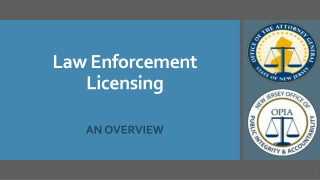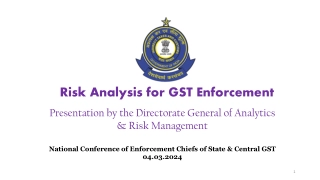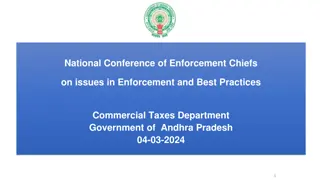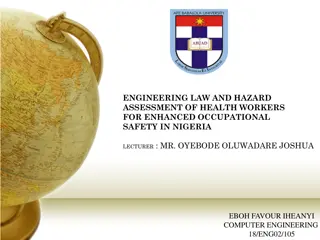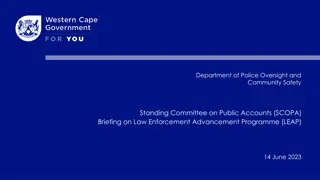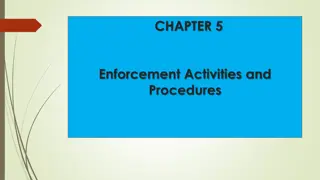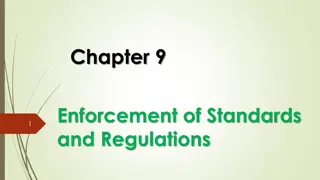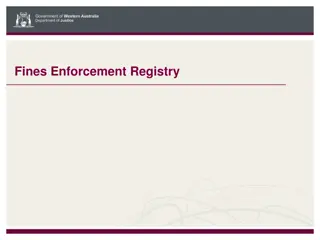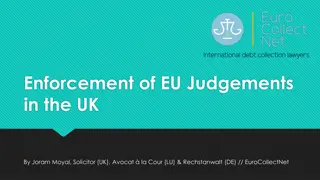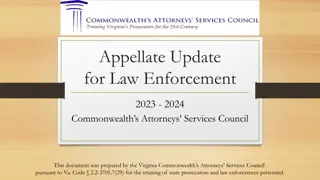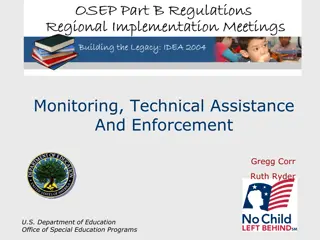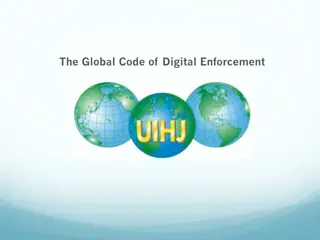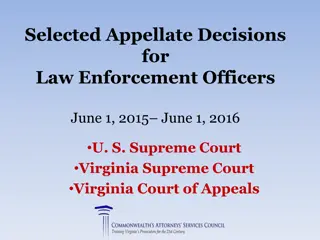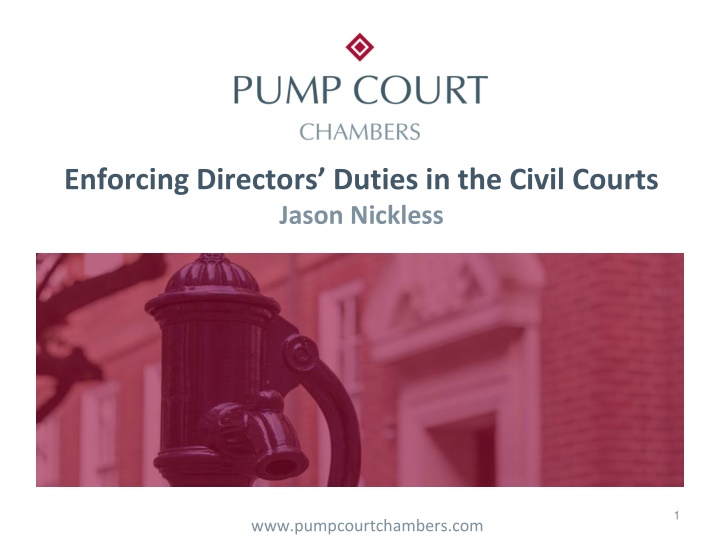
Options for Addressing Breach of Directors' Duties in Civil Courts
Explore the options available to directors or shareholders who suspect a breach of duties within a company, from direct actions by the company to derivative claims and more. Understand the avenues for legal recourse and strategic planning in such situations.
Download Presentation

Please find below an Image/Link to download the presentation.
The content on the website is provided AS IS for your information and personal use only. It may not be sold, licensed, or shared on other websites without obtaining consent from the author. If you encounter any issues during the download, it is possible that the publisher has removed the file from their server.
You are allowed to download the files provided on this website for personal or commercial use, subject to the condition that they are used lawfully. All files are the property of their respective owners.
The content on the website is provided AS IS for your information and personal use only. It may not be sold, licensed, or shared on other websites without obtaining consent from the author.
E N D
Presentation Transcript
Enforcing Directors Duties in the Civil Courts Jason Nickless 1 www.pumpcourtchambers.com
A person walks into a solicitors office and says . 2
I am a director of a successful private liability company (limited by shares) and I believe that one of my fellow directors has breached his duties. 3
I run a successful business and one of the other owners is acting like a ****. 4
Purpose Consider the various options available to a director or shareholder who believes that there has been a breach of directors duties. Provide an overview to assist with strategy planning 5
Options available Direct action by the company Derivative claims Unfair prejudice claims Winding up on just and equitable grounds Other possibilities 6
Direct action by the company Foss v Harbottle (1843) 2 Hare 461 Who decides whether or not to take legal proceedings? Directors Articles of Association Majority decision Only two directors or the naughty directors are in the majority 7
Direct action by the company Easier if delinquent director: has resigned has died has been made bankrupt has been disqualified can be removed as director 8
Direct action by the company Removal of a director: Articles of Association bankruptcy or composition with creditors; or by vote of fellow directors; or health reasons Court Order under section 168 Companies Act 2006 ( 2006 Act ) 9
Direct action by the company Section 168 of the 2006 Act: meeting of members special notice (28 days or 14 days by advert) ordinary resolution but director s employment rights unfair prejudice 10
Direct action by the company Remedies: compensation damages account of profits injunctive relief recission of agreements 11
Derivative claims Court has a discretion to allow someone else to continue proceedings on behalf of the company against a director and/or third party by a member of the company (Part 11 of the 2006 Act). 12
Derivative claims Permission to continue, not to issue. Preconditions, permission will be refused if: A person acting in accordance with section 172 of the 2006 Act (duty to promote success of the company) would not continue the proceedings The proposed act or omission has been authorized or ratified by the company 13
Derivative claims The Court s discretion: claimant acting in good faith importance of the claim to the success of the company likely to be authorized or ratified why the company is not taking direct action alternative cause of action available to the member views of other members 14
Derivative claims Procedure under CPR Part 19.9 and PD19C: issue claim in client s name with the company as a defendant whilst simultaneously making an application to continue to claim (send a copy to the company but do not serve) application considered on paper with an option for an oral hearing of the claimant if refused application heard with submissions by both the claimant and the company 15
Derivative claims Advantages: focus on directors duties indemnity as to costs Disadvantages: discretionary possibility of authorization or ratification 16
Unfair prejudice Section 994 of the 2006 Act Minority shareholders action available to members Breach of directors duties can amount to an unfair prejudice but goes way beyond this Conduct relating to the company s affairs Prejudicial to members interests as members Prejudicial conduct that is unfair Quasi-partnerships 17
Unfair prejudice Remedies, considerable discretion: order the purchase of shares regulate company conduct in the future order the company to undertake or refrain from undertaking an action permit an action to be brought in the name of the company orders against directors 18
Unfair prejudice Blurgggggg! Disadvantage: complicated and expensive. Advantage: wide range of available remedies 19
Just and equitable winding up Section 122(1)(g) of the Insolvency Act 1986 Available to: directors pursuant to a board resolution passed by a majority; members who satisfy certain criteria originally allotted registered for at least 6 months in the past 18 months devolved upon death 20
Just and equitable winding up Tangible benefit or tangible interest Alternative remedy available Examples of grounds breakdown of trust and confidence mismanagement exclusion from management Remedy winding up (appointment of liquidator and investigation of directors) 21
Other options Mediation (pre-issue) Financial remedies for divorcing couples 22
Conclusion Ending at the beginning: Letter Before Claim 23

